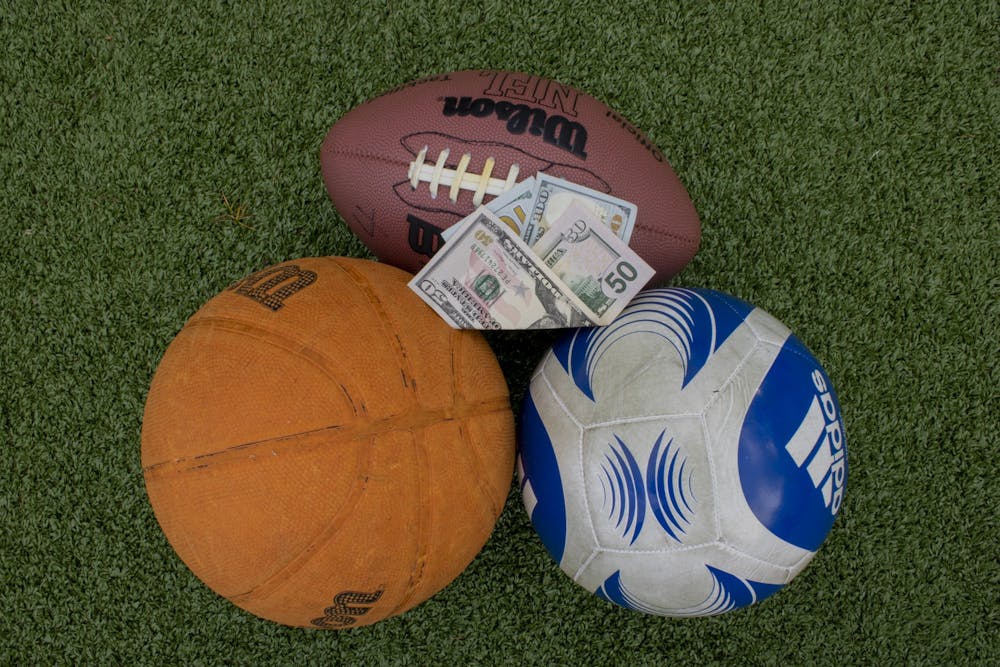A bill to legalize sports wagering, H.B. 347, has garnered bipartisan support and has passed through several committees in the North Carolina House of Representatives. But, the large industry concerns some lawmakers.
The legislation, which would permit gambling corporations to run sports betting operations in the state, is now in the hands of the N.C. House Rules Committee.
N.C. Rep. Zack Hawkins (D-Durham) said the bill’s survival in the House is still uncertain.
H.B. 347 sets a 14 percent privilege tax on operators who facilitate sports betting. The funds would be allocated to services such as the North Carolina Department of Health and Human Services for gambling addiction rehabilitation as well as youth sports and collegiate athletic program funding.
The current version of the bill annually allocates $2 million to the NCDHHS, $1 million annually to the North Carolina Division of Parks and Recreation to support youth sports and potentially $300,000 to each of the 10 public universities in the state to support their collegiate athletic programs — among allocations to other programs in the state.
The listed universities — Elizabeth City State University, Fayetteville State University, N.C. A&T, N.C. Central University, UNC Asheville, UNC Greensboro, UNC Pembroke, UNC Wilmington, Western Carolina University and Winston-Salem State University — were chosen because their athletics budgets are not as large as other state-funded schools, Hawkins said.
N.C. Rep. Pricey Harrison (D-Guilford) said these measures are window dressing on a bad bill.
“The amount of money given for the gambling addiction problems that ensue from online, it is like 0.3 percent of the need — less than one percent of the need,” she said.
Hawkins, one of the sponsors of the bill, said the bill is a solution to legalize and benefit from what is already, unfortunately, going on “in the dark.”




